Given the excitement around electric mobility, it’s a surprise seeing Maruti give EVs a hard pass. The country’s largest auto manufacturer believes the industry should pursue hybrids first and thinks EVs are currently unviable. Further, it says it will only launch an EV, perhaps, as late as 2025. And while the government thinks the Indian EV market share would be 30 percent by 2030, Maruti thinks it would only be eight to 10 percent.
So, while others have ambitious mass market EV plans, Maruti’s almost callous attitude seems surprising. But it’s all a bit of posturing. Maruti has big EV plans and when it finally launches them, the company will emerge a dominant force, despite being laggards in the segment, thanks to key strengths in three areas that are major EV challenges.
First up is cost. Even with subsidies EVs are expensive. But Maruti is brutal at keeping costs in check and will no doubt do so with its EV projects too. In that vein, while others are currently importing batteries – a major EV cost component – Maruti Suzuki has already begun work on its own battery plant in Gujarat, which will be the country’s first lithium-ion cell manufacturing facility.
Next is weight. This saps the already limited range and automakers are challenged to keep an EV’s weight low. The big advantage for Maruti is that lightweight is in its DNA. The new Celerio is lighter than its predecessor and at 800kg, is only 35 kilos over a Tata Nano; the current Swift is a massive 125kg lighter than the first-gen model. Years ago, it launched it’s ‘gram strategy’, where it asked vendors to reduce the weight of each component by at least 1 gram. Such is the focus on weight saving at Maruti, so if anyone can keep an EV on a diet, it will be Maruti.
Lastly, another big EV challenge is the platform. Given the disparate nature of its powertrain, EVs ideally need a grounds-up new platform optimised to their requirements. However, in a bid to quickly enter the race and keep costs in check, many models are converted from regular internal combustion ones and, thus, have constraints like requiring a split battery pack or a low ground clearance, thanks to limited under-floor space. Maruti, though, will not face these constraints, as rather than modify an existing platform, it’s developing a new born EV one. All these techniques will ensure that when Maruti does enter the EV space, sparks will fly. Oh, and did I mention they’ve got Toyota as a partner.
What are your expectations from Maruti when it comes to electrification? Let us know in the comments below.
Also see:
Maruti Suzuki: Can't depend only on EV subsidies, need to reduce acquisition costs
Bullish on CNG as EV penetration in India very small: Maruti Suzuki head
Why Maruti is betting on hybrids, CNG instead of EVs



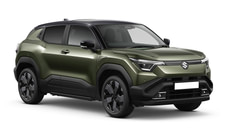
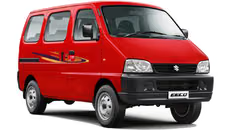

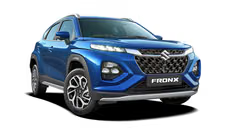
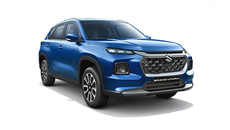

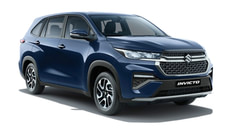




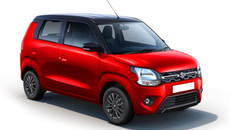

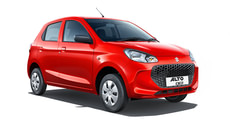

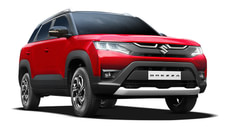

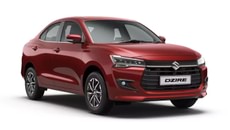



Comments
Member Login
Personal Details
No comments yet. Be the first to comment.